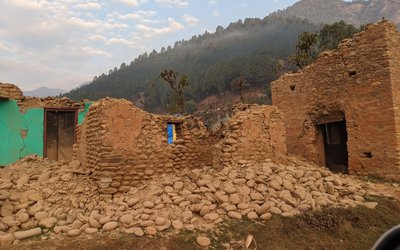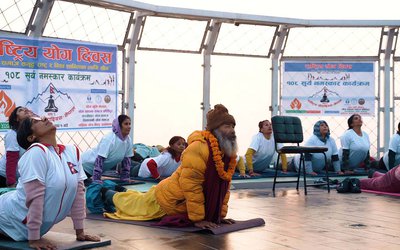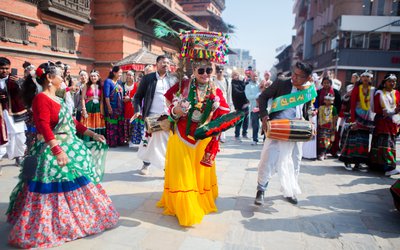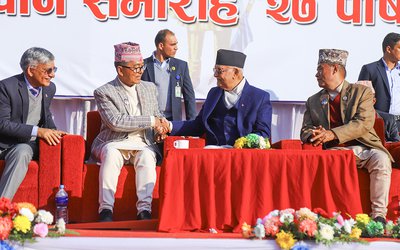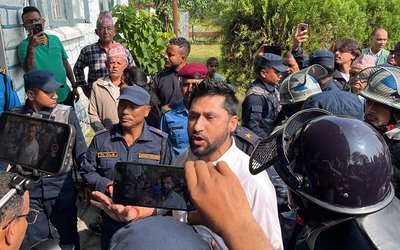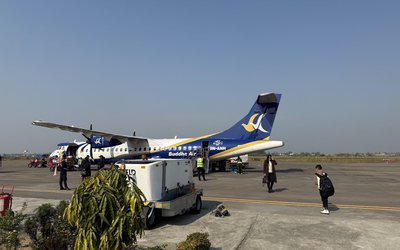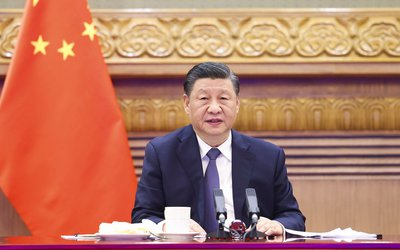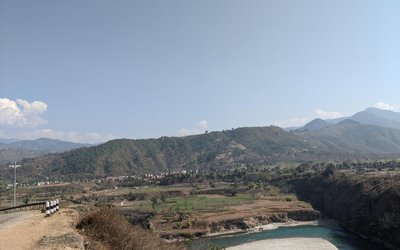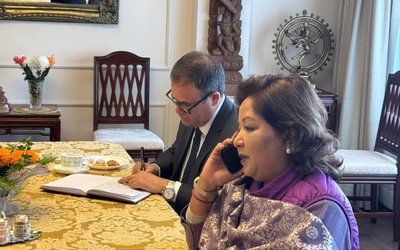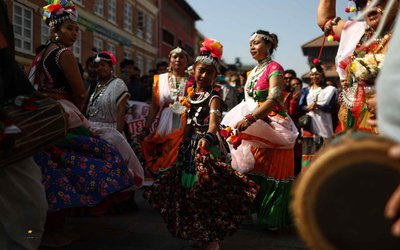
The Bhutanese refugees in a refugee camp in eastern Nepal have demanded that initiatives be taken for their voluntary and dignified repatriation.
Though the refugees were offered three options – repatriation, third country resettlement and localisation – as sustainable solutions to the refugee problem, decisions have not been made regarding two of the options. Refugee leaders said that they felt unfair treatment when undue priority was given to a third-country neglecting the other options.
The National Reconciliation Committee of Bhutan and the Bhutan Independent People's Forum sent a letter to the Prime Minister Pushpa Kamal Dahal 'Prachanda' on Friday informing that the plight of those who wished to return to their own country had gone unheeded. They also noted that their issues had remained unaddressed for a significant period. They had also sent copies of the letter to the Ministries of Home Affairs and Foreign Affairs.
The letter pointed out that more than 6,500 refugees in the camp were affected by the reduction in aid and relief from the donor agencies. It also highlighted about the discontinuation of basic necessities like food, health, education and housing under the direct policy instructions of the Government of Nepal.
Three decades ago, the Bhutanese refugee problem gained international attention when the Nepal government offered them shelter in Jhapa and Morang districts. Later, international organisations, including the United Nations High Commissioner for Refugees (UNHCR), World Health Organisation (WHO) and World Food Programme (WFP), provided assistance to them.
On the other hand, third-country resettlement was prioritised due to the inability of both the Nepal and Bhutan governments to reach a consensus, despite holding 15 meetings. As a result, 113,500 refugees were resettled in eight countries including the United States of America, Australia, Canada, and Denmark, as stated in the letter reports The Rising Nepal.
- Investigators may try to detain President Yoon: South Korean Media
- Jan 15, 2025
- Xi calls on EU to strengthen cooperation ahead of Trump's inauguration
- Jan 15, 2025
- North Korea fired multiple short-range missiles
- Jan 14, 2025
- Israeli Delegation Arrives In Qatar For Gaza ceasefire talks
- Jan 13, 2025
- Trump's adviser: Telephone talks with Putin expected in weeks
- Jan 13, 2025
